Our country in general, and Quang Ninh in particular, has extremely valuable relics, heritages, and assets that contribute to the positioning of the national, ethnic, and local brands. These cultural heritages not only meet the spiritual needs of the people, contributing to affirming national pride, but are also a resource for socio-economic development, especially in the current period.
The concept of Heritage Economy was first introduced in Nghe An province in 2013. In May 2019, Nghe An province organized a scientific workshop on "Preserving and promoting the value of cultural heritage associated with economic development" with the theme "Heritage Economy - A new growth driver". On December 21, 2024, in Van Don district, the Editorial Board of the Communist Magazine, the Central Theoretical Council and the Quang Ninh Provincial Party Committee also co-organized a scientific workshop on "Some theoretical and practical issues on promoting new growth drivers - a perspective from the practice of heritage economic development in Quang Ninh province". Delegates who are scholars, experts, leaders and managers nationwide participated in many solutions and recommendations for Quang Ninh province in particular and the whole country in general to continue to effectively develop the heritage economy, demonstrating the important role of this field.
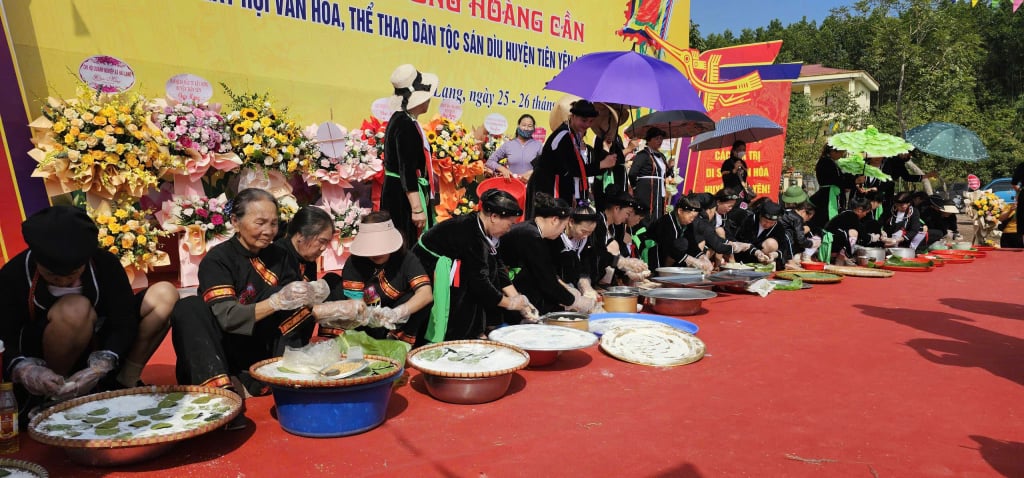
Heritage economy is understood as a field of study and practice focusing on the use and exploitation of cultural, historical and natural assets to create economic value. This includes activities such as cultural heritage conservation, heritage tourism development and the use of heritage resources to promote economic growth and community development. In recent years, in addition to development thinking based on economic, environmental and social pillars, heritage managers, researchers and practitioners have increasingly emphasized the importance of heritage as an important factor in sustainable development. According to economic and cultural experts, heritage economic development can contribute to heritage conservation.
Specifically, developing heritage tourism can generate revenue, thereby creating financial resources to invest in the conservation, repair and maintenance of heritage. Along with that, economic activities related to heritage are often accompanied by education and propaganda, helping people and tourists better understand the value of heritage, thereby increasing awareness of protection. Economic development from heritage can also create jobs and opportunities for local people, encouraging them to participate in the conservation of their community's heritage. By developing sustainable tourism models, heritage conservation can be combined with economic activities, reducing pressure on resources and protecting the environment. In addition, heritage economic development can promote related industries such as cuisine, traditional arts and crafts, thereby creating a sustainable value chain. In short, heritage economic development not only helps preserve cultural and historical values but also promotes sustainable development for local communities.
According to Associate Professor, Dr. Le Thi Thu Hien, Director of the Department of Cultural Heritage (Ministry of Culture, Sports and Tourism), cultural heritage holds a leading important position in the cause of building and developing an advanced Vietnamese culture imbued with national identity. The achievements of the cause of protecting and promoting the value of cultural heritage in recent times are vivid realities, affirming the position of Vietnamese culture as both the goal and driving force of the development process.
"Vietnam has great potential for heritage, however, according to experts, how we can awaken and fully utilize that potential, especially in the field of tourism, is not an easy task. It does not only depend on resources and funding, but the fundamental problem is probably still awareness and creative thinking" - Associate Professor, Dr. Le Thi Thu Hien emphasized.
Source


![[Photo] Phuc Tho mulberry season – Sweet fruit from green agriculture](https://vstatic.vietnam.vn/vietnam/resource/IMAGE/2025/4/10/1710a51d63c84a5a92de1b9b4caaf3e5)


![[Photo] Prime Minister Pham Minh Chinh chairs meeting to discuss tax solutions for Vietnam's import and export goods](https://vstatic.vietnam.vn/vietnam/resource/IMAGE/2025/4/10/19b9ed81ca2940b79fb8a0b9ccef539a)
![[Photo] Unique folk games at Chuong Village Festival](https://vstatic.vietnam.vn/vietnam/resource/IMAGE/2025/4/10/cff805a06fdd443b9474c017f98075a4)



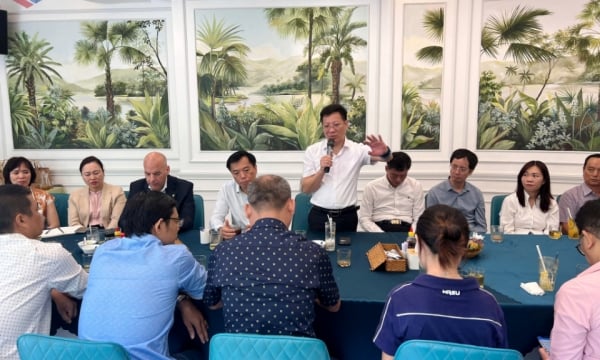


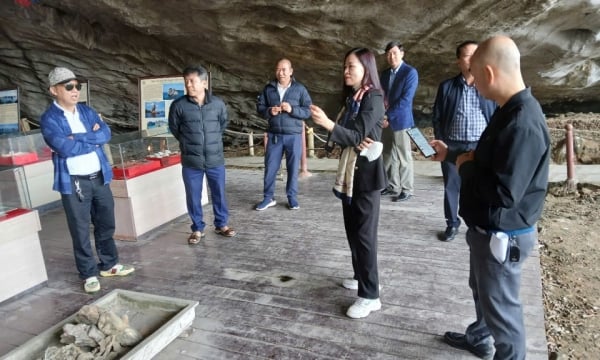

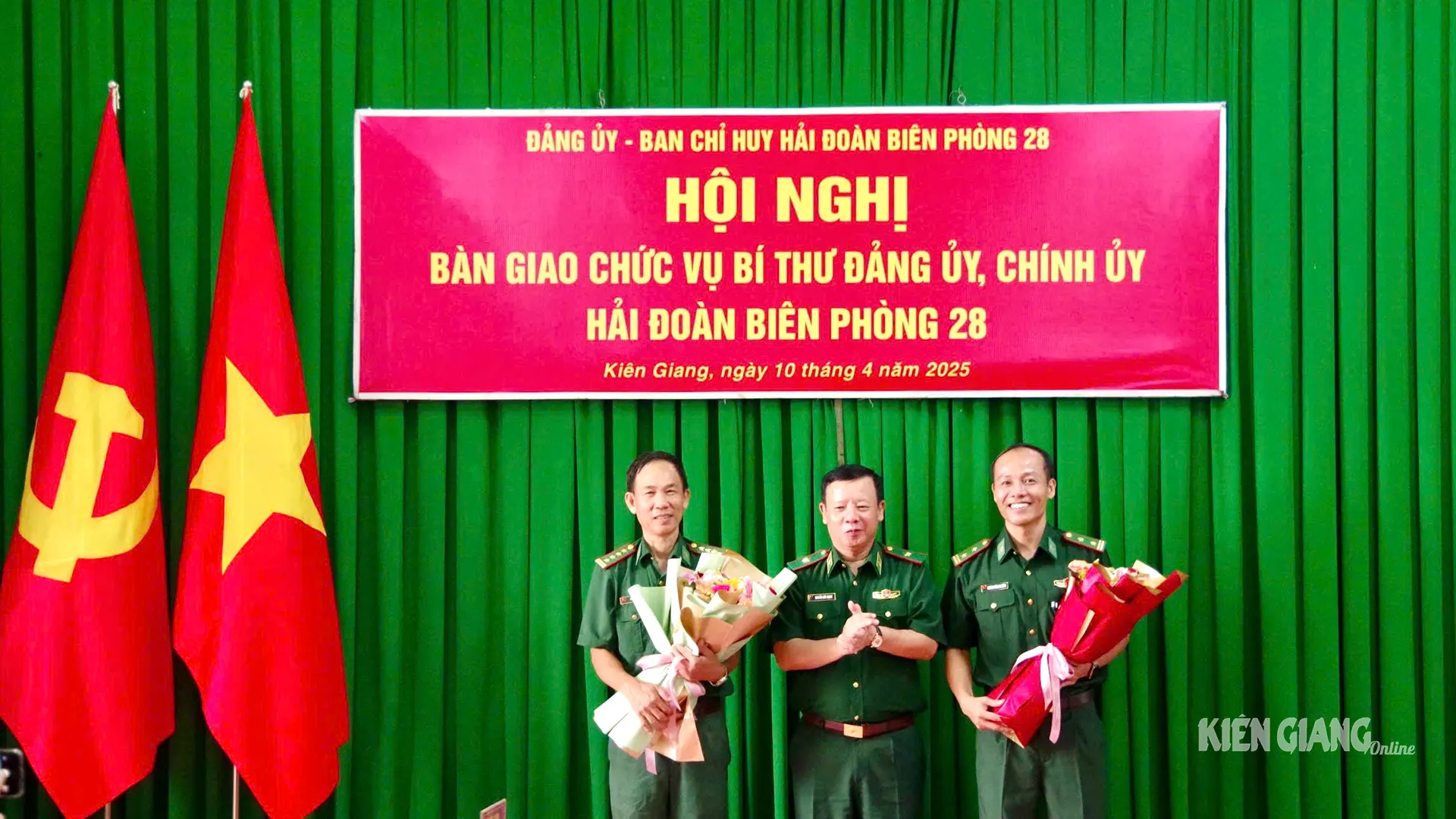
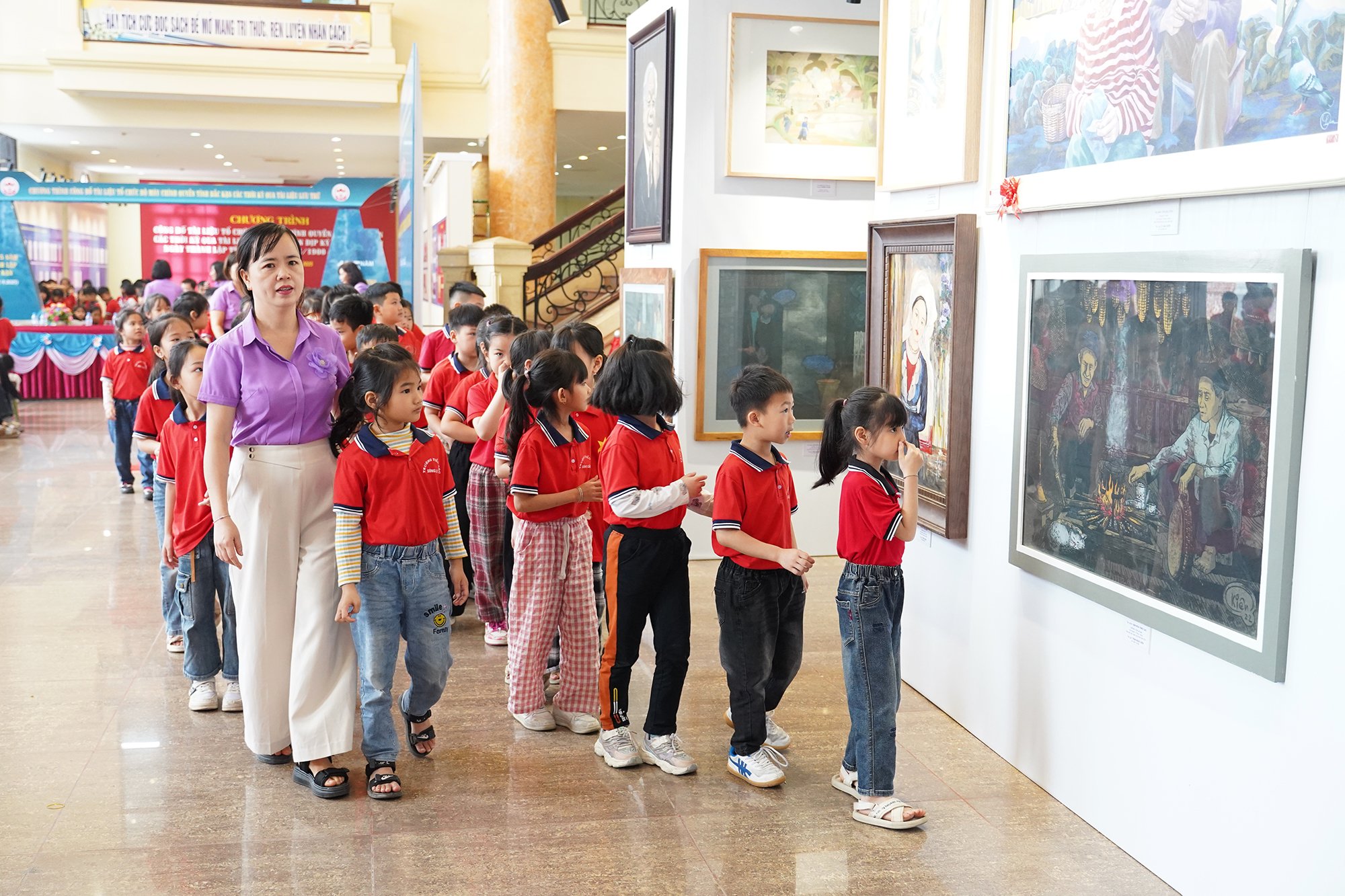
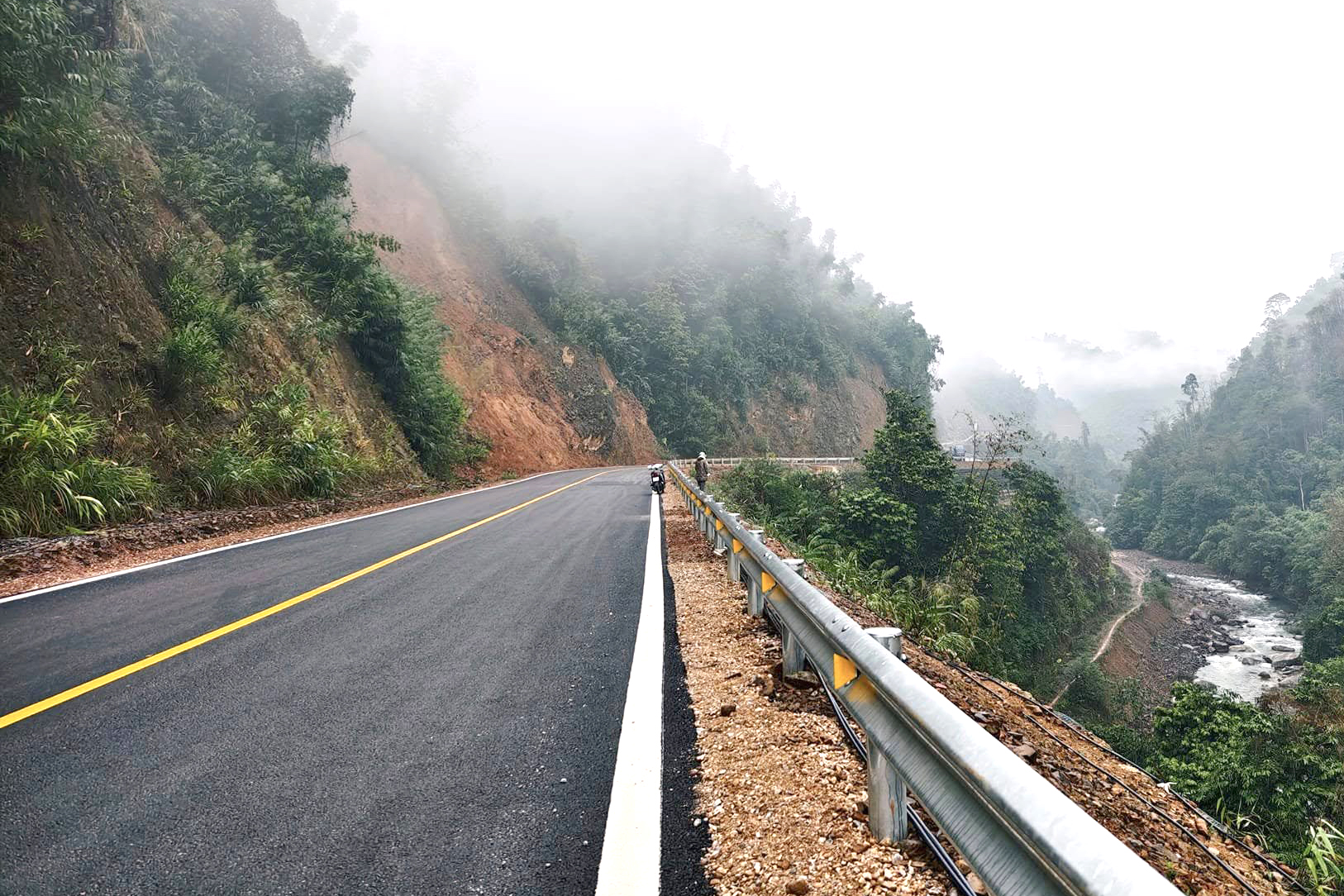
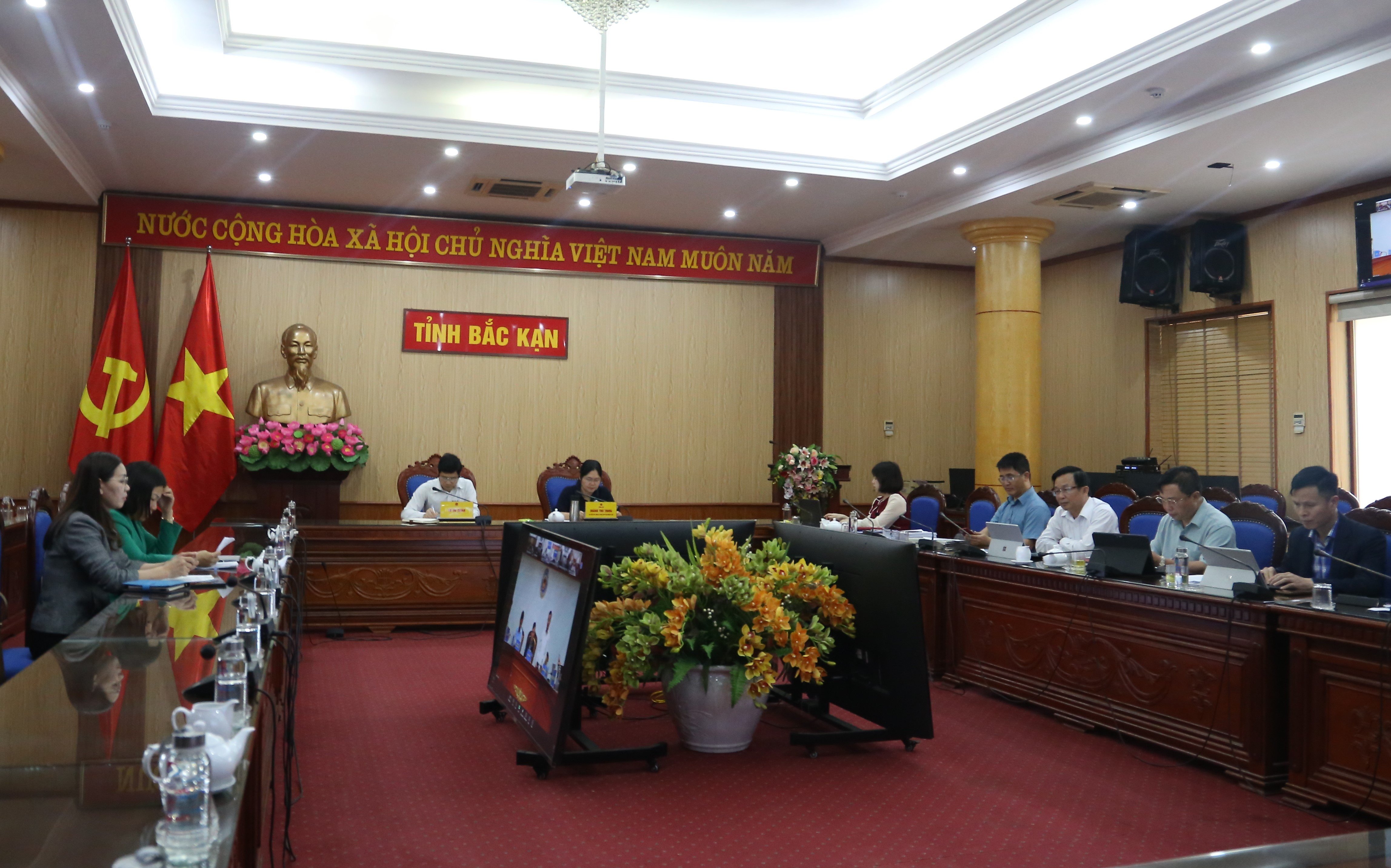

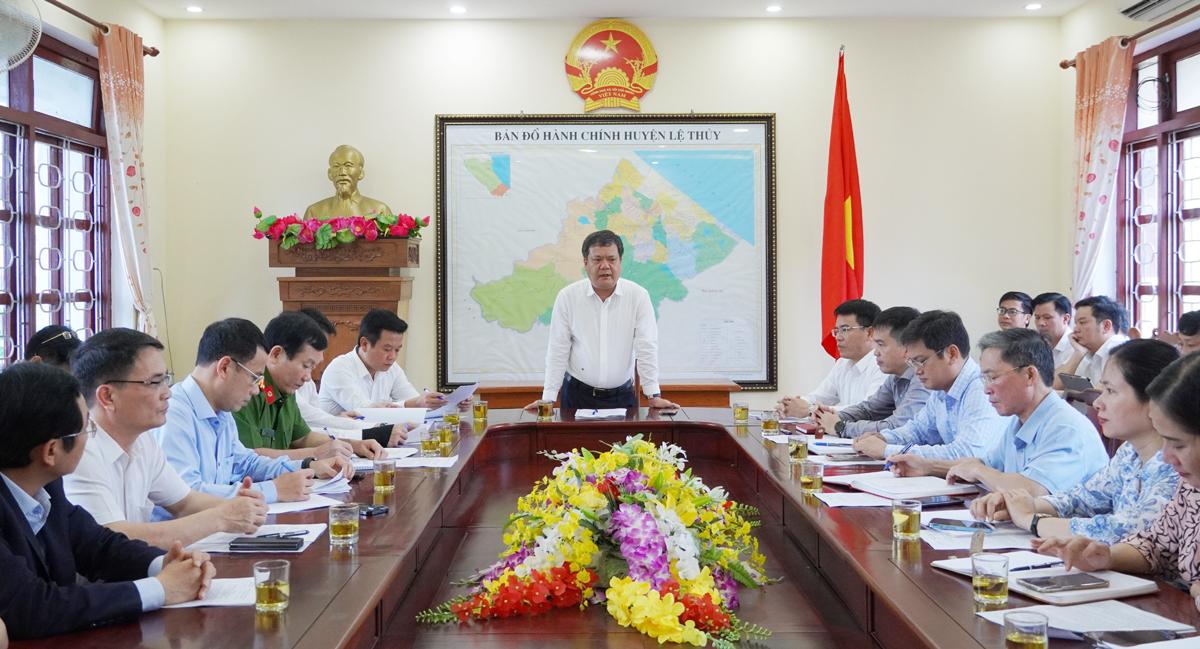




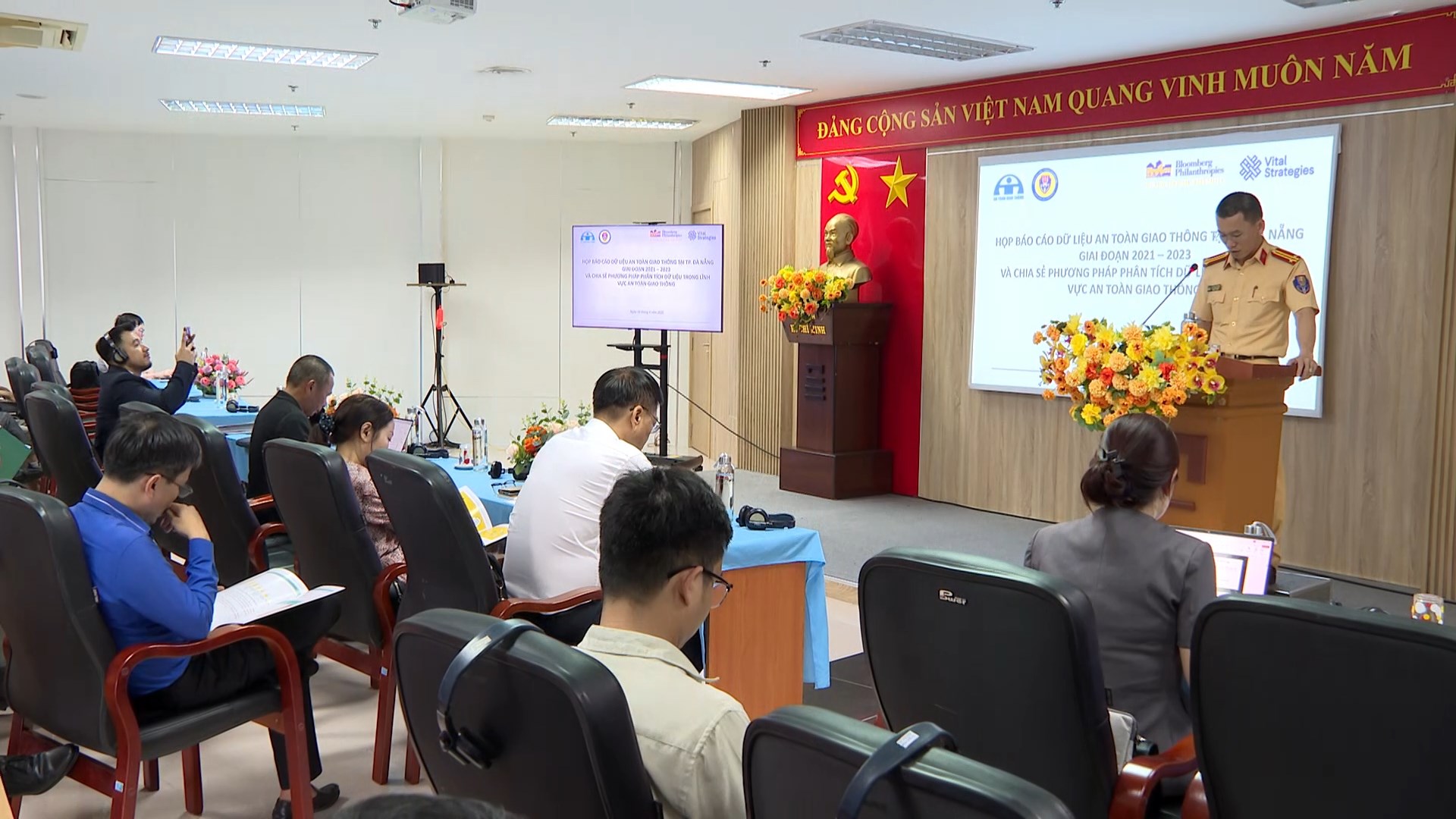
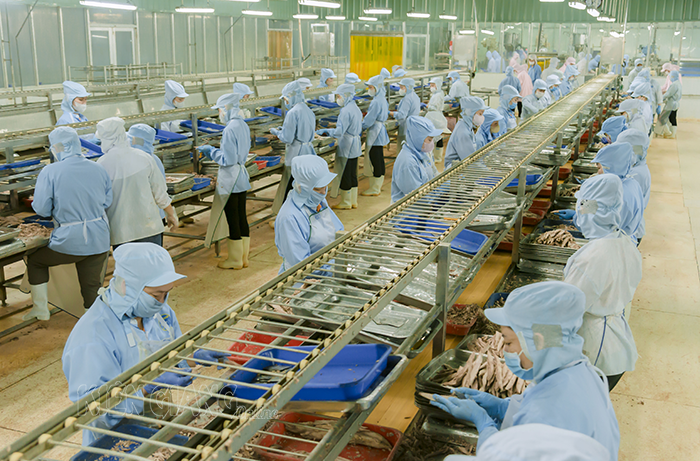
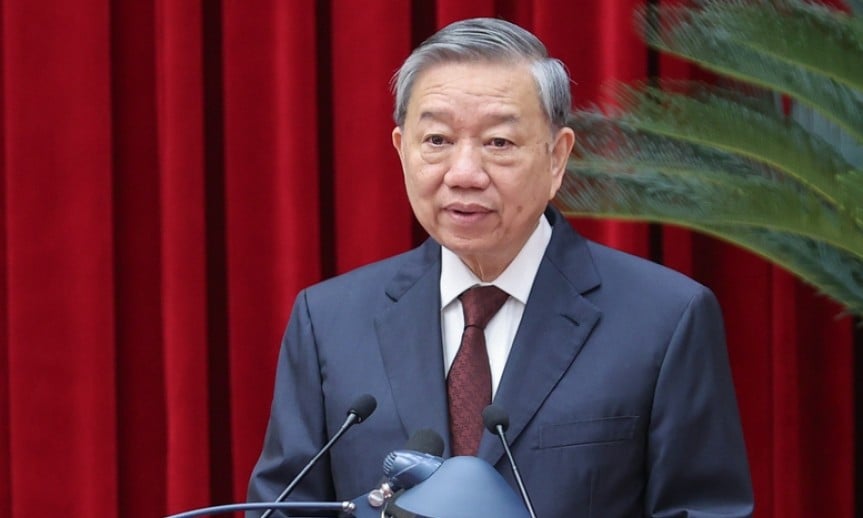
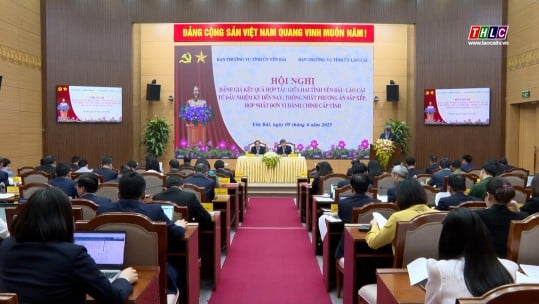

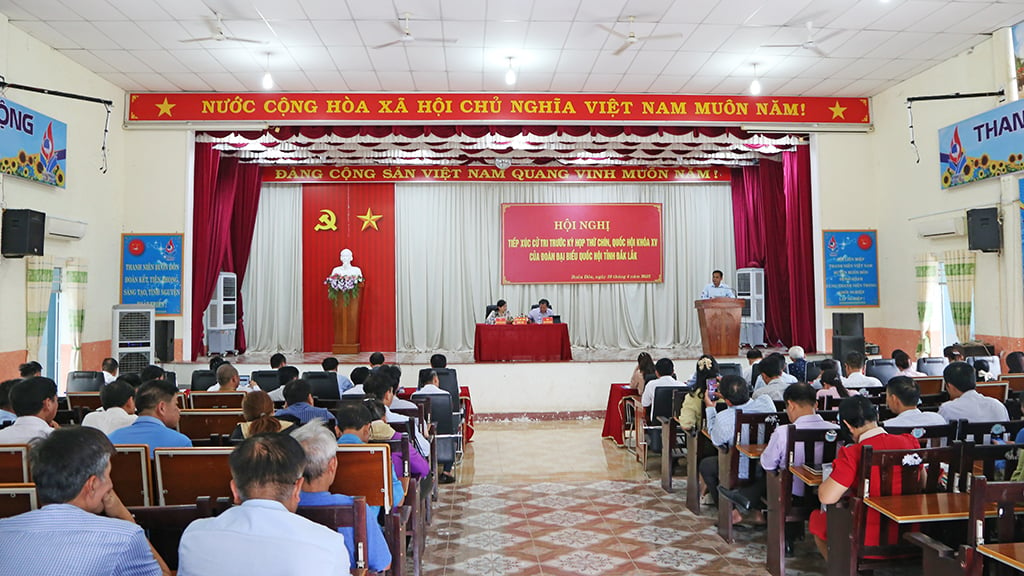


















































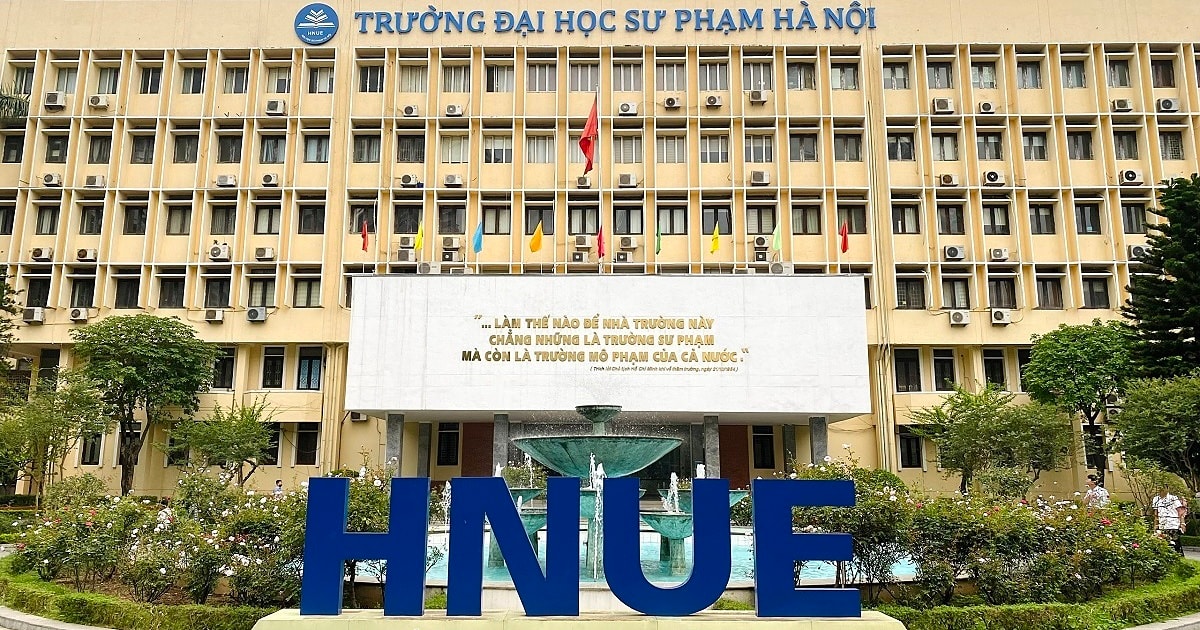
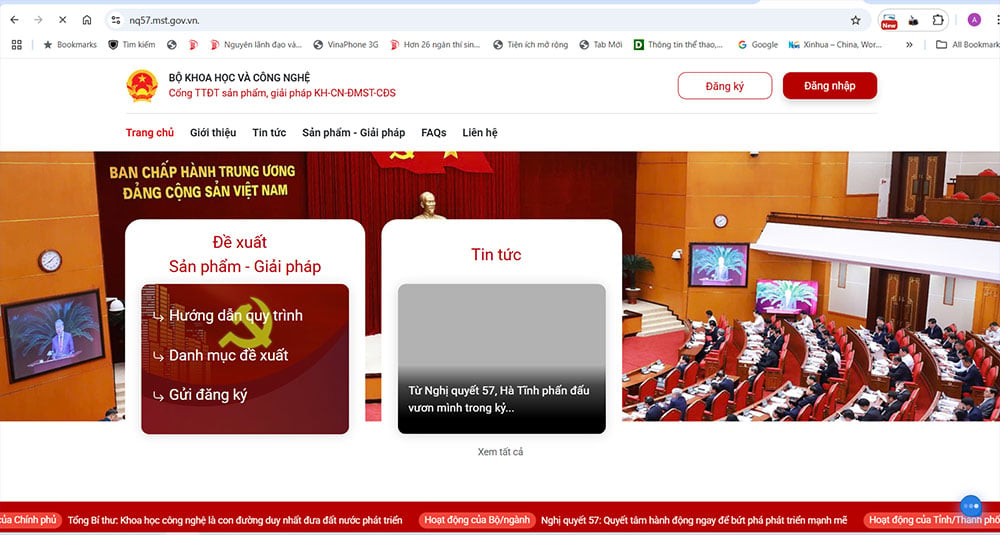
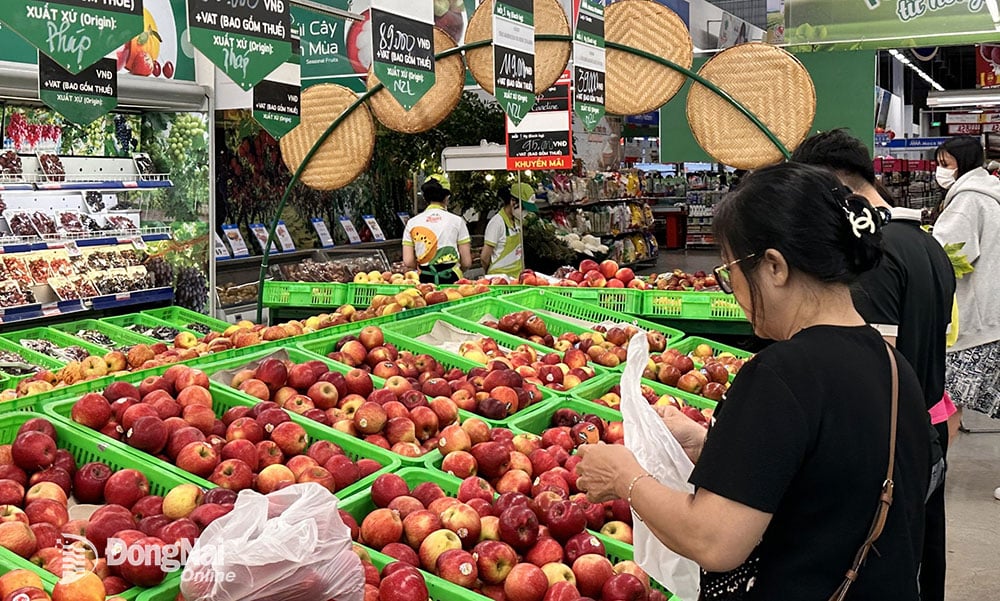








Comment (0)